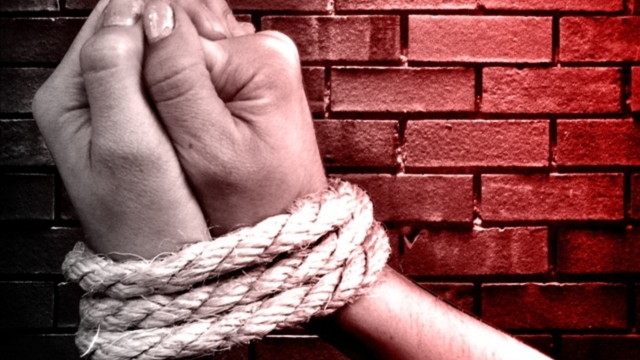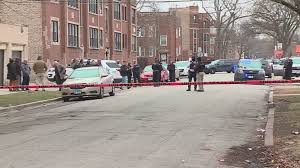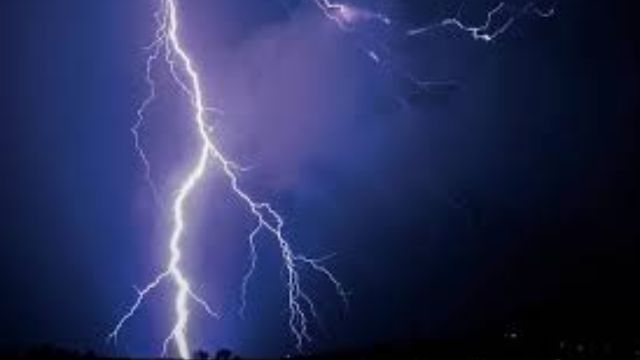Human trafficking—an abhorrent crime exploiting individuals for forced labor or commercial sex—casts a dark shadow over communities across the United States. While the issue exists nationwide, West Virginia has emerged as a state grappling with a troubling rise in reported cases.
Despite its relatively small population, West Virginia’s vulnerability to human trafficking has grown alarmingly in recent years. The National Human Trafficking Hotline reported 112 signals in the state during 2021, leading to the identification of 39 cases and 46 victims. These numbers underscore the urgency of understanding why this crime takes root in West Virginia and how it impacts local communities.
The Hard-Hit Cities: A Closer Look
While human trafficking affects all corners of the state, some cities have become focal points for this devastating crime. Huntington and Charleston, in particular, have seen consistently high numbers of reported cases, drawing attention to underlying factors that fuel trafficking in these areas.
| City | Year | Sex Trafficking Cases | Labor Trafficking Cases |
|---|---|---|---|
| Huntington | 2019 | 10 | 5 |
| Huntington | 2020 | 15 | 7 |
| Huntington | 2021 | 20 | 10 |
| Charleston | 2019 | 12 | 3 |
| Charleston | 2020 | 18 | 4 |
| Charleston | 2021 | 25 | 6 |
Huntington: A Trafficking Hotspot
Huntington’s location along major interstate highways makes it a key transit hub for traffickers. Economic struggles, high poverty rates, and a transient population add to the city’s challenges, creating an environment where traffickers can prey on vulnerable individuals.
Over the years, Huntington has seen a steady increase in both sex and labor trafficking cases. Victims often include people searching for better opportunities or escaping difficult circumstances, only to be exploited by traffickers offering false promises of work and stability.
Charleston: Trafficking Hidden in Plain Sight
As West Virginia’s capital, Charleston presents a different but equally concerning picture. While it’s often perceived as an affluent urban center, human trafficking has infiltrated several sectors of the city’s economy, including massage parlors, restaurants, and domestic services.
The urban landscape and transient workforce provide traffickers with the anonymity they need to operate. Many victims are lured by promises of employment, unaware of the exploitation that awaits them.
The Human Toll on West Virginia Communities
The impact of human trafficking on individuals and communities in West Virginia is profound. Victims endure unimaginable physical, emotional, and psychological trauma that can leave scars for life. Beyond the personal toll, trafficking disrupts communities, undermines legitimate businesses, and erodes trust among residents.
Fighting Back: What Needs to Be Done
Addressing human trafficking in West Virginia requires a united effort. Law enforcement must intensify efforts to identify and prosecute traffickers, while victim advocacy groups need resources to provide comprehensive support, including housing, counseling, and legal assistance.
Equally important is raising community awareness. By educating people about the warning signs of human trafficking and encouraging them to report suspicious activity, local communities can play a vital role in combatting this crime.
Hope for a Brighter Future
Human trafficking is a complex issue, but it’s not insurmountable. By addressing the factors that make West Virginia’s communities vulnerable and working collaboratively to support victims and bring traffickers to justice, the state can take meaningful steps toward a future free from exploitation.
It’s a challenging journey, but one worth taking to restore hope, dignity, and safety to all West Virginians.


 by
by 




